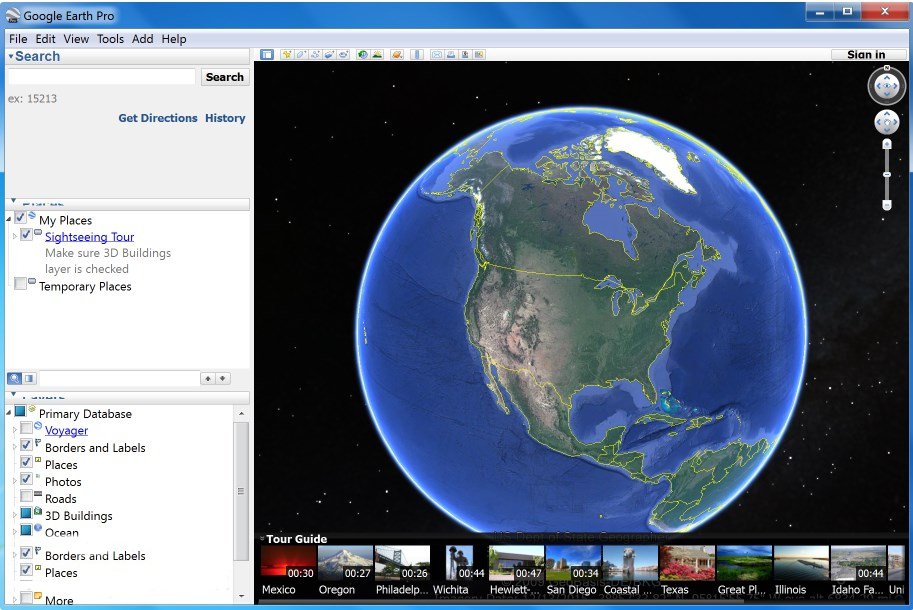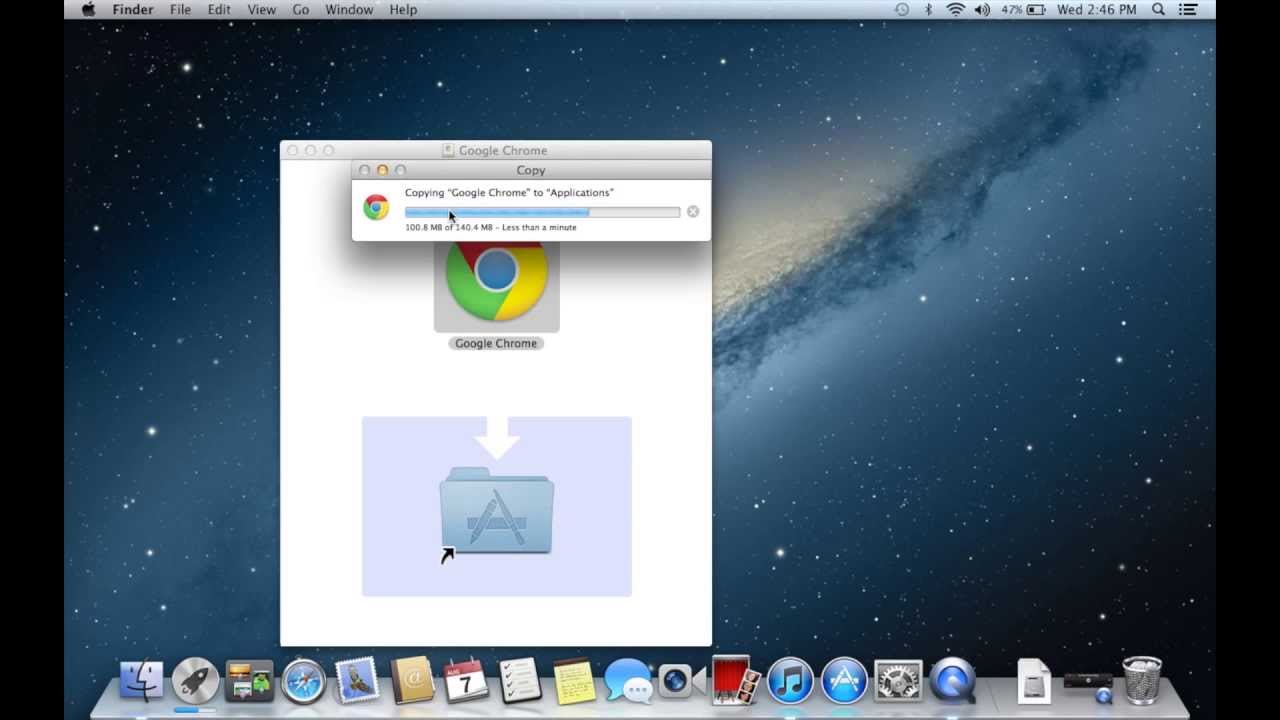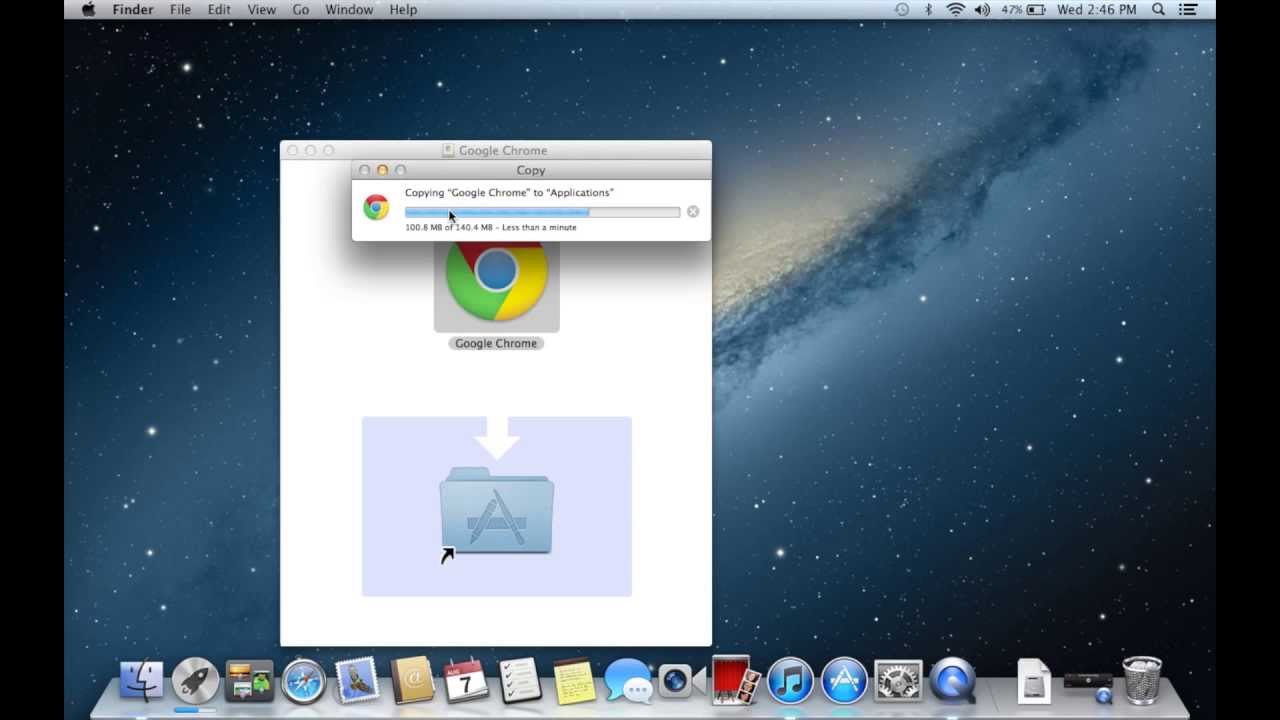- With easy-to-use privacy controls, Chrome lets you customise your settings and browsing experience to how you see fit. Helpful features built in. Fast, easy-to-use tools for browsing. From password check, dark mode and the Google address bar, Chrome helps you get things done and stay safe online.
- My Name is. I look forward to assisting you today with your question. Mac OS X 10.6.8 is 7+ years old and obsolete. Apple has stopped updating long time ago and the latest browsers like Chrome, Firefox etc won't work on it.

One of the great benefits of Apple moving to Intel CPUs is that we have access to Google's Chrome browser, which rapidly displaced Firefox as the alternative browser of choice among Windows users after its release in Sept. 2008. For some of us, that is coming to an end in April.
Google Chrome 5.0 (May 2010) was the first version available on Macs and Linux; previous versions were Windows-only. It never supported OS X 10.4 Tiger and initially required OS X 10.5 Leopard, which it abandoned on Sept. 15, 2012 with the release of Chrome 22. Version 39 (Nov. 2014) left behind 32-bit only Macs (Core Solo and Core Duo models from 2006), although it worked just fine on 64-bit Macs running OS X 10.6 Snow Leopard.
Googlechrome browser for mac os x 10.6.8 free download. Tor Browser Tor Browser enables you to use Tor on Windows, Mac OS X, or Linux without needing to install any sof.
This time Google isn't just leaving behind one or two versions of OS X – it's dropping OS X 10.6 Snow Leopard, 10.7 Lion, and 10.8 Mountain Lion. Those were release in August 2009, July 2011, and July 2012, respectively, with Mountain Lion last updated in October 2013, so between them they were current for a period of more than four years and the most recent version was updated just 2-1/2 years ago.
Anyhow, here's what Google has to say about it:
Earlier this year, we announced that Google Chrome would continue support for Windows XP through the remainder of 2015. At that time, we strongly encouraged users on older, unsupported platforms such as Windows XP to update to a supported, secure operating system. Such older platforms are missing critical security updates and have a greater potential to be infected by viruses and malware.
Is red hat enterprise linux 6 free. Today, we're announcing the end of Chrome's support for Windows XP, as well as Windows Vista, and Mac OS X 10.6, 10.7, and 10.8, since these platforms are no longer actively supported by Microsoft and Apple. Starting April 2016, Chrome will continue to function on these platforms but will no longer receive updates and security fixes.
If you are still on one of these unsupported platforms, we encourage you to move to a newer operating system to ensure that you continue to receive the latest Chrome versions and features.
Posted by Marc Pawliger, Director of Engineering and Early Notifier
Google hasn't been alone at leaving behind older versions of Mac OS X. Firefox 4 didn't support OS X 10.4 Tiger at all. That was way back in 2010. Firefox 16 works with OS X 10.5 Leopard, but version 17, released Nov. 20, 2012, does not. Firefox still supports OS X 10.6 Snow Leopard with version 44 and looks like it will continue to do so.

Update: Firefox 47 (released June 2016, last version 47.0.1 in June 2016) was the last version to support Snow Leopard, but Firefox 45esr (released March 2016, last version was 45.9.0 in April 2017) has more up-to-date security.
Let's not even go into how quickly Apple drops support for legacy versions of OS X with its Safari browser. That's probably one of the big reasons people using older versions of OS X are looking to Chrome and Firefox instead of Safari.
I can understand Apple doing this. They want you to buy new hardware. That's why you can download OS X for free starting with 10.9 Mavericks (the first version since 10.6 that I've used because of this). If your Mac can run Mavericks, Yosemite, or El Capitan, you can have a fairly up-to-date version of Safari, iTunes, and Apple's other apps.
I can't understand why Google is doing this. Since when does Google care if Windows XP, Vista, and OS X 10.6, 10.7, and 10.8 are actively supported by Microsoft and Apple? Maybe it's Google's development tools that requires Windows 7 or OS X 10.9. Maybe it's simply that Google Chrome is the most popular browser in the world, so what if you lose a few legacy users?
Our site stats for February, which do skew toward people with older hardware, shows 11.4% of site visitors using an Intel Mac are using OS X 10.6 Snow Leopard, and 6.2% are still on 10.7 Lion, while 10.8 Mountain Lion is in its death throes at just 3.0%. OS X 10.9 Mavericks, just two versions old, is behind Snow Leopard at 8.7%, and 10.10 Yosemite has already dropped from a high of 52% to 18.8% while 10.11 El Capitan accounts for nearly half our Intel Mac traffic at 49%.
Firefox looks like the lone holdout among the big three Mac browser makers. The Mozilla team has not announced its intention to leave behind OS X 10.6 Snow Leopard users, at least not yet. As one of them – I have Snow Leopard on my 2007 Mac mini – I am grateful.
If you use Snow Leopard, Lion, or Mountain Lion, I hope you are grateful as well. Apple's Safari has abandoned you. Google's Chrome has abandoned you. But Firefox has not!
If you haven't tried it lately, maybe this is a good time to check out Firefox 44.
Keywords: #googlechrome #firefox #osxsnowleopard #osxlion #osxmountainlion #leftbehind
Short link: https://goo.gl/KZeGi7 Wifi cracking software mac.
searchword: chromedroppingsnowleopard
Google Chrome version 50 was released to the browser's stable channel yesterday, and in addition to a handful of new features and security fixes, the update also ends support for a wide range of operating systems that have been supported since Chrome launched on those platforms. Windows XP, Windows Vista, OS X 10.6, OS X 10.7, and OS X 10.8 are no longer supported.
Google Chrome Pour Mac 10.6 8

This shouldn't come as much of a surprise, since Google promised last November to end support for these older OS versions in April of 2016. Old versions of Chrome installed on these OSes won't stop working (for now), but they'll no longer receive updates and there's no guarantee that things like Google account sign-in and data syncing will continue to work.
If you're still using one of these operating systems, you have a couple of options. One is to upgrade to a newer OS, assuming your hardware can handle it. Security patches for Windows XP stopped in April of 2014, and patches for OS X 10.6 stopped a few months before that. Updates for OS X 10.7 and 10.8 ended roughly when versions 10.10 and 10.11 were released, respectively, since Apple's unofficial policy is to provide security fixes for the most recent OS X release and the two previous releases. Windows Vista is still getting bare-minimum security patches from Microsoft, but that ends in April of 2017.


One of the great benefits of Apple moving to Intel CPUs is that we have access to Google's Chrome browser, which rapidly displaced Firefox as the alternative browser of choice among Windows users after its release in Sept. 2008. For some of us, that is coming to an end in April.
Google Chrome 5.0 (May 2010) was the first version available on Macs and Linux; previous versions were Windows-only. It never supported OS X 10.4 Tiger and initially required OS X 10.5 Leopard, which it abandoned on Sept. 15, 2012 with the release of Chrome 22. Version 39 (Nov. 2014) left behind 32-bit only Macs (Core Solo and Core Duo models from 2006), although it worked just fine on 64-bit Macs running OS X 10.6 Snow Leopard.
Googlechrome browser for mac os x 10.6.8 free download. Tor Browser Tor Browser enables you to use Tor on Windows, Mac OS X, or Linux without needing to install any sof.
This time Google isn't just leaving behind one or two versions of OS X – it's dropping OS X 10.6 Snow Leopard, 10.7 Lion, and 10.8 Mountain Lion. Those were release in August 2009, July 2011, and July 2012, respectively, with Mountain Lion last updated in October 2013, so between them they were current for a period of more than four years and the most recent version was updated just 2-1/2 years ago.
Anyhow, here's what Google has to say about it:
Earlier this year, we announced that Google Chrome would continue support for Windows XP through the remainder of 2015. At that time, we strongly encouraged users on older, unsupported platforms such as Windows XP to update to a supported, secure operating system. Such older platforms are missing critical security updates and have a greater potential to be infected by viruses and malware.
Is red hat enterprise linux 6 free. Today, we're announcing the end of Chrome's support for Windows XP, as well as Windows Vista, and Mac OS X 10.6, 10.7, and 10.8, since these platforms are no longer actively supported by Microsoft and Apple. Starting April 2016, Chrome will continue to function on these platforms but will no longer receive updates and security fixes.
If you are still on one of these unsupported platforms, we encourage you to move to a newer operating system to ensure that you continue to receive the latest Chrome versions and features.
Posted by Marc Pawliger, Director of Engineering and Early Notifier
Google hasn't been alone at leaving behind older versions of Mac OS X. Firefox 4 didn't support OS X 10.4 Tiger at all. That was way back in 2010. Firefox 16 works with OS X 10.5 Leopard, but version 17, released Nov. 20, 2012, does not. Firefox still supports OS X 10.6 Snow Leopard with version 44 and looks like it will continue to do so.
Update: Firefox 47 (released June 2016, last version 47.0.1 in June 2016) was the last version to support Snow Leopard, but Firefox 45esr (released March 2016, last version was 45.9.0 in April 2017) has more up-to-date security.
Let's not even go into how quickly Apple drops support for legacy versions of OS X with its Safari browser. That's probably one of the big reasons people using older versions of OS X are looking to Chrome and Firefox instead of Safari.
I can understand Apple doing this. They want you to buy new hardware. That's why you can download OS X for free starting with 10.9 Mavericks (the first version since 10.6 that I've used because of this). If your Mac can run Mavericks, Yosemite, or El Capitan, you can have a fairly up-to-date version of Safari, iTunes, and Apple's other apps.
I can't understand why Google is doing this. Since when does Google care if Windows XP, Vista, and OS X 10.6, 10.7, and 10.8 are actively supported by Microsoft and Apple? Maybe it's Google's development tools that requires Windows 7 or OS X 10.9. Maybe it's simply that Google Chrome is the most popular browser in the world, so what if you lose a few legacy users?
Our site stats for February, which do skew toward people with older hardware, shows 11.4% of site visitors using an Intel Mac are using OS X 10.6 Snow Leopard, and 6.2% are still on 10.7 Lion, while 10.8 Mountain Lion is in its death throes at just 3.0%. OS X 10.9 Mavericks, just two versions old, is behind Snow Leopard at 8.7%, and 10.10 Yosemite has already dropped from a high of 52% to 18.8% while 10.11 El Capitan accounts for nearly half our Intel Mac traffic at 49%.
Firefox looks like the lone holdout among the big three Mac browser makers. The Mozilla team has not announced its intention to leave behind OS X 10.6 Snow Leopard users, at least not yet. As one of them – I have Snow Leopard on my 2007 Mac mini – I am grateful.
If you use Snow Leopard, Lion, or Mountain Lion, I hope you are grateful as well. Apple's Safari has abandoned you. Google's Chrome has abandoned you. But Firefox has not!
If you haven't tried it lately, maybe this is a good time to check out Firefox 44.
Keywords: #googlechrome #firefox #osxsnowleopard #osxlion #osxmountainlion #leftbehind
Short link: https://goo.gl/KZeGi7 Wifi cracking software mac.
searchword: chromedroppingsnowleopard
Google Chrome version 50 was released to the browser's stable channel yesterday, and in addition to a handful of new features and security fixes, the update also ends support for a wide range of operating systems that have been supported since Chrome launched on those platforms. Windows XP, Windows Vista, OS X 10.6, OS X 10.7, and OS X 10.8 are no longer supported.
Google Chrome Pour Mac 10.6 8
This shouldn't come as much of a surprise, since Google promised last November to end support for these older OS versions in April of 2016. Old versions of Chrome installed on these OSes won't stop working (for now), but they'll no longer receive updates and there's no guarantee that things like Google account sign-in and data syncing will continue to work.
If you're still using one of these operating systems, you have a couple of options. One is to upgrade to a newer OS, assuming your hardware can handle it. Security patches for Windows XP stopped in April of 2014, and patches for OS X 10.6 stopped a few months before that. Updates for OS X 10.7 and 10.8 ended roughly when versions 10.10 and 10.11 were released, respectively, since Apple's unofficial policy is to provide security fixes for the most recent OS X release and the two previous releases. Windows Vista is still getting bare-minimum security patches from Microsoft, but that ends in April of 2017.
Google Chrome 10 64
Your second option is to switch browsers, some of which still support these legacy operating systems. Firefox 45 still runs on Windows XP and OS X 10.6, while the latest version of Opera should still run on XP and OS X 10.7 and above. Running an up-to-date browser can't protect you from vulnerabilities in the underlying OS, but if you absolutely can't (or won't) upgrade and you still want an actively supported browser, you still have a couple of options for now.
